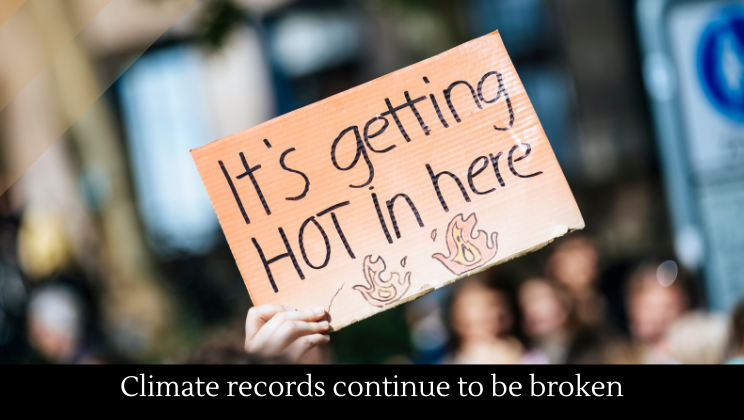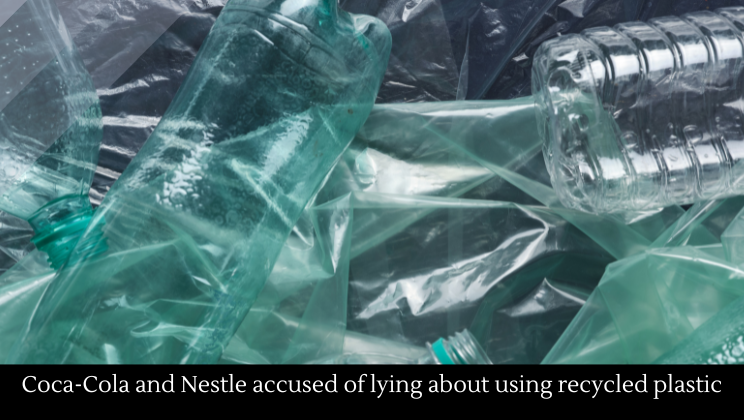12 points on social media and defamation
Posted by staff / November 7, 2012If the Internet is known for one thing (other than cat videos), it’s vitriol, and with the prominent role social media plays in our lives, it’s all too easy to fall into the trap of defamation when tempers start to flare.
That’s why Sara Hawkins of 12Most wrote the “12 Most Useful Things to Know About Social Media and Defamation,” to keep you, your loved ones and your business or blog safe from harm and know when things have gone too far.
1. Defamation covers written and spoken content
While traditional definitions of libel (written defamatory statements) and slander (spoken defamatory statements) did not contemplate the internet or mobile technology, the laws are expanding to wrap their arcane histories around modern communication. The ability to share our words with other people, the necessary 3rd party, is so easy today. We no longer have to actually get dressed in our finery and leave our homes to do that. With a few strokes of a keyboard our audience is easily accessible.
2. It’s not the truth, it’s not actual
People espouse their opinions all over the internet. It’s when that opinion turns into statements of fact or implying that what is said is fact we need to look more closely. The first question asked when considering if a statement could be defamatory is “Did the speaker/writer make this statement as a fact or imply it was factual?” Everyone can have an opinion, and we can choose not to agree with it. It’s when false statements of fact are tossed about and you knew or should have known they’re not true that we move from “it’s my blog I can say what I want” to alleged defamation.
Full story at 12Most.
Photo credit: Fotolia













Comments are off for this post.